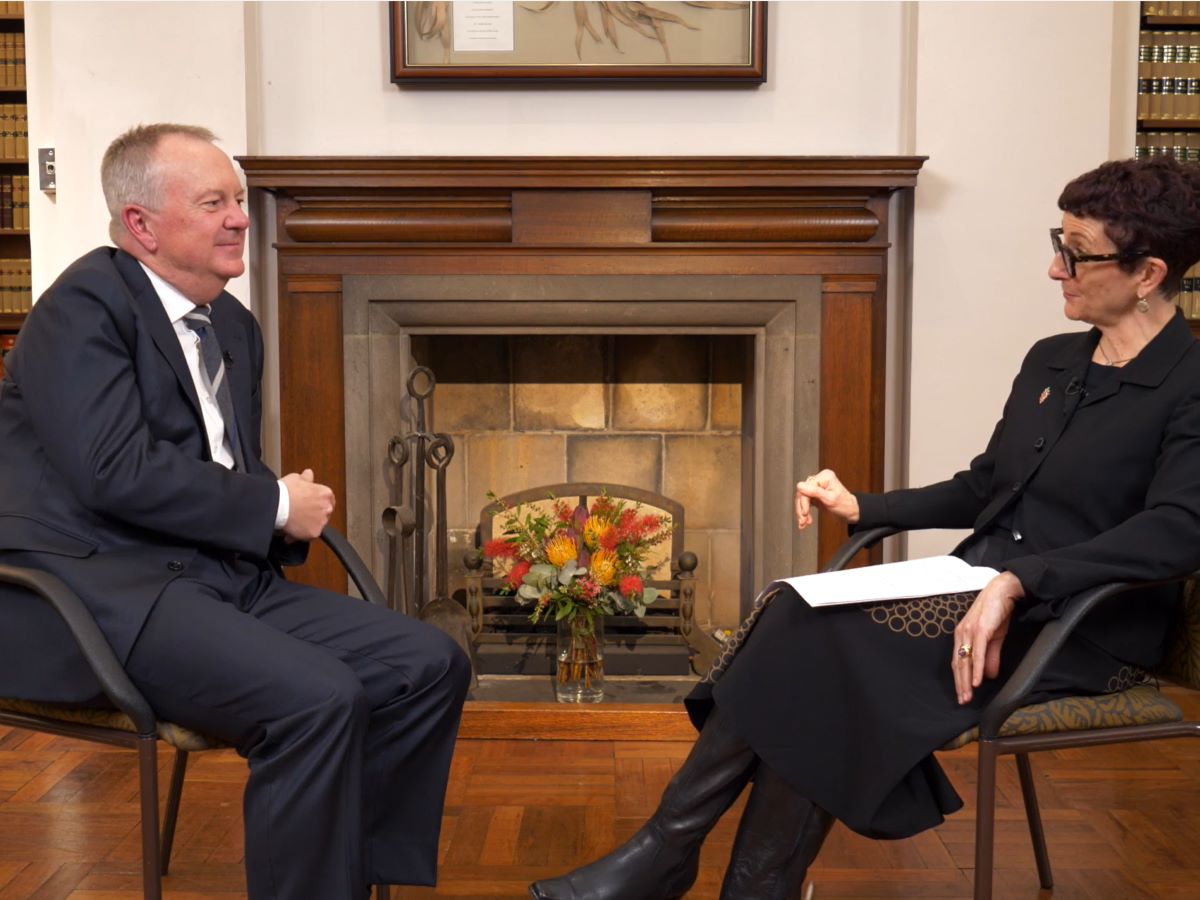The rights of people to make their own medical decisions
Reinforce and OPA produced two new brochures to highlight the importance of clear and respectful communication in medical situations.

'Everyone has the right to play an active role in making decisions about their own health and to receive the support they need to do so.'
That's why Reinforce] (http://reinforce.org.au/)and the [Office of the Public Advocate (OPA) produced two new brochures with the help of a small grant from Victoria Law Foundation - to highlight the importance of clear and respectful communication in medical situations in relation to people with intellectual disability or cognitive impairment.
Reinforce is a self advocacy organisation, run for and by people with an intellectual disability, with the goal of assisting, supporting and encouraging independence. The Office of the Public Advocate shares this goal, promoting the rights, interests and dignity of people with disability.
How these resources will make a difference
The brochure aimed at medical practitioners clarifies the role of supported decision making, and illustrates the importance of thoughtful communication. A series of case studies highlight common issues, including the use of jargon when communicating medical advice, and rude behaviours such as talking directly to the support worker, rather than the patient.
Reinforce and the OPA have also produced an easy to read brochure for consumers, to help them better understand their rights and communicate more effectively with medical practitioners.
Download the resources from the OPA website
Executive Director of Victoria Law Foundation, Lynne Haultain, attended the launch of these new resources with Grants Manager, Melanie Rygl this week. Lynne spoke about the impact these resources are going to have for the community. 'Supporting [this project] was an easy decision. This work meets a critical legal need for a significant audience - supporting the independence of people with an intellectual disability.'
'It’s an empathetic approach that puts the individual at the centre of decision making, encourages people to connect on a human level, and gives practical steps on how to provide that support.'
Publications
Subscribe to our Newsletter
Courts, Community and Confidence
Join Chief Justice Richard Niall a for a recorded conversation about the law’s role in our community and the challenges shaping justice today.


